Students at SCASD Demand Anti-Racism
State High students Demanie Redhead, Bella Witmer, and Rayna Jones sitting at the District Rally in State College, PA, taken Aug. 1, 2020. Demands by students to make schools in SCASD more equitable were mentioned at a board meeting this September.
October 8, 2020
Demands that started at a student-organized rally this summer have made their way up to administrators through the hard work of students. This led to long-overdue conversations on equitable learning in our schools with the SCASD Board of Directors at a virtual meeting on Sept. 23.
After a summer of sweeping nationwide calls to protest systemic racism in the U.S., a handful of students at State High already submerged in the cause of social justice found a new opening for their voices. Among others, Elana Laing, Isabelle Snyder, and Mikaela Speight organized a socially distanced rally on Aug. 1 to address racism within SCASD.
“The purpose of the rally was to get everybody on the same page for the Black student body, and to help them understand,” Speight said.
Speight and her peers believe that the concept of racism in education is crucial for a complete understanding of what they were addressing at the rally. While the majority of protests over the summer addressed police brutality and racial profiling specifically, demands at the rally concerned systemic racism in education.
In mid-July, they created a list of demands, and Dr. Seria Chatters, Director of Equity and Inclusivity at SCASD, stepped in to accept those demands and pass them on to the board. Changes demanded of SCASD included: ethnocentric history curriculums, increased diversity among staff, increased funding for the Department of Equity and Inclusivity, a full year African-American studies elective worth a history credit, equitable special education, and the creation of a multi-cultural resource center.
Equitable special education within SCASD is a critical demand when taking into account data collected by The Pennsylvania Bureau of Special Education from 2016-2019. Black students in SCASD receiving special education are at nearly three times the risk of suspensions and expulsions. Compared to the state-wide disproportionality of 2.5, SCASD’s risk ratio of 6.87 is significantly higher. This remained true even when compared to other marginalized groups like Latinx and Asian communities.
Laing has witnessed firsthand how these numbers play into real life at school.
“I’ve seen so many of my Black guy friends targeted in our classrooms,” she said. “It’s detrimental to students’ trajectories from K-12, and that success is damaged because teachers aren’t concerned about your needs, they’re only concerned about their comfortability when they have to teach.”
In response to the students’ demands, the board wrote an anti-racism resolution addressing a broader theme of accountability. Community members, students, and parents all offered revisions and edits to the resolution.
Throughout the meeting this past September, board members David Hutchinson, Laurel Zydney, and Daniel Duffy insisted the anti-racism resolution be shortened.
After nearly three hours of discussions and debate, the board moved to have a ‘work day’ to further evaluate the resolution and come to a consensus on Sept. 30 at 7 P.M., where students were invited to give input. This decision was made despite the fact that Wednesday’s CCL meeting was meant to be the final time the resolution was discussed.
After being invited to speak, Dr. Cynthia Young, Department Head of African-American Studies at PSU and leader of the Race and Marginalized Populations workgroup at SCASD, detailed her own family’s experience with racism in SCASD, along with advocating for Black students with disabilities. Tensions rose after Young was cut off during her comments concerning inequities in special education by Duffy.
“When you say you wanna make change and make a more equitable school setting, but you shut people down who need to be heard, what does that say about what you’re doing to me?” said junior Elana Laing, who was one of the three students invited to be a panelist of the meeting. Panelists debated with members frequently, ensuring their own perspective was not drowned out.
Along with equitable special education, representation in SCASD staff is another demand that affects students of color in our schools. Senior Demanie Redhead views diversity as critical for her, especially having personally lived through the negative effects of not having it.
“I still have a younger brother who’s a freshman,” Redhead said. “Hopefully, within a year, I can see that we have diverse faculty. Since State High is so predominantly white, there are not a lot of opportunities for people to educate themselves on any minority, not just African-Americans. When they see someone that looks like them and can relate to their issues, it’s just an example that just because you aren’t white and you aren’t rich doesn’t mean you can’t still be successful.”
Speight also attributed the un-productive conversations on race in SCASD to missing diversity. “It just doesn’t feel inviting for us to see one singular race just teaching a bunch of kids,” Speight said.
When it comes to lasting change, power lies in numbers and support from the SCASD community. Community members that want to contribute can join groups like CCU, district-wide workgroups, Peer Advocates, or the Diversity and Activism Club. These SCASD students have acted as a clear example recently that when there’s a cause worth fighting for, you should always make yourself heard.

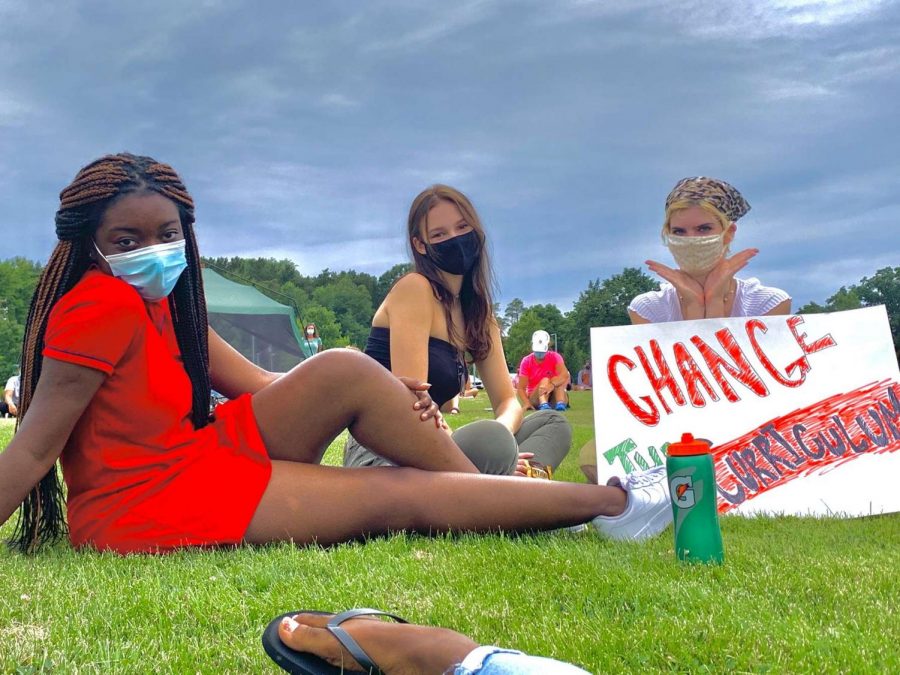
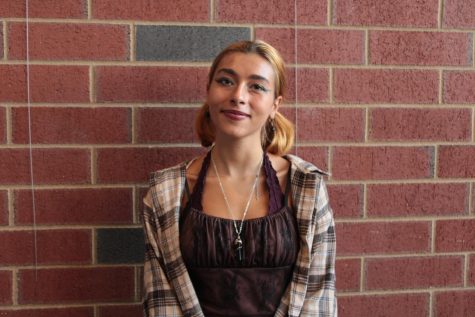
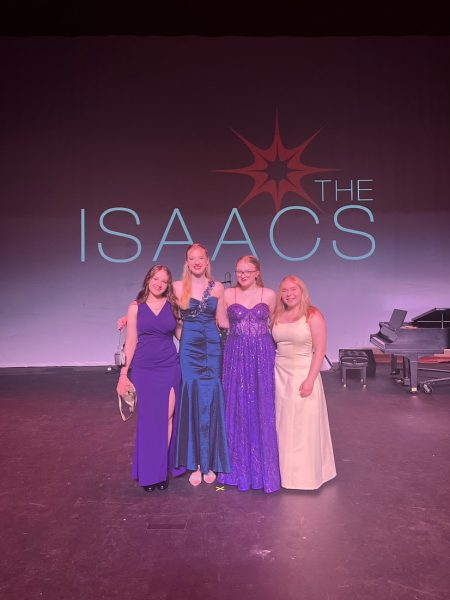


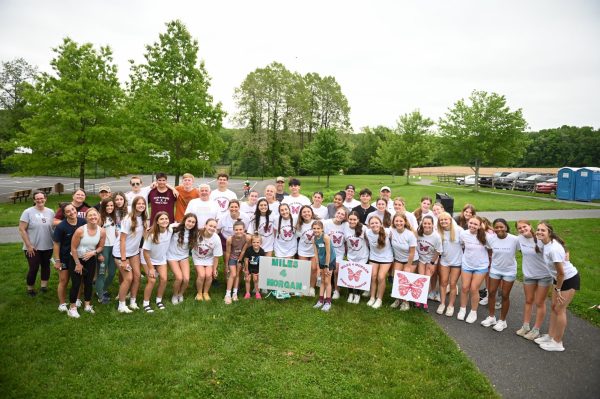
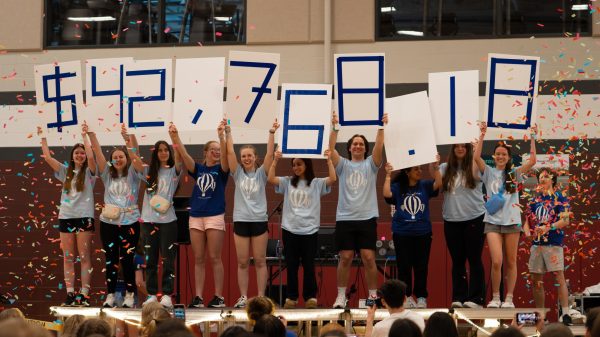
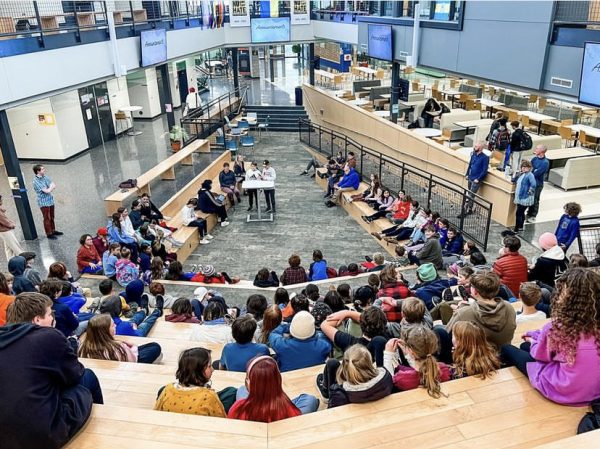
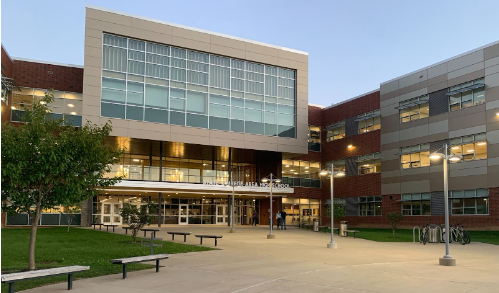
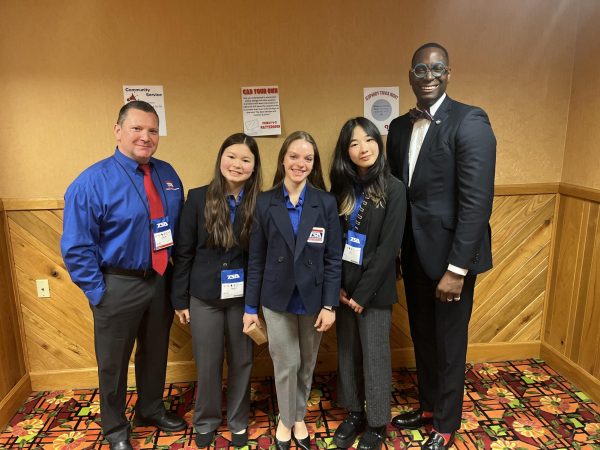


Dr. Andrew Jackson, Sr. • Feb 10, 2021 at 10:50 AM
Congratulations students for continuing to be brave enough to share your opinions with faculty, administrators, parents and fellow students. I hope we have learned to be proactive as we share our different feelings, emotions and solutions to hatred, discrimnation and disagreements in your schools and community. We hope a change is gonna come in the present and future.
Doctor Andrew Jackson, Sr.
Independent School
Author of James A. Banks and the Evolution of Multicultural Education and Implications for ?Teacher Educators and Curriculum Development (2007). Wheatmark Press, Tucson, Arizona. ISB 978158736719952195
9781587367199 USA
814-574-9777
[email protected]